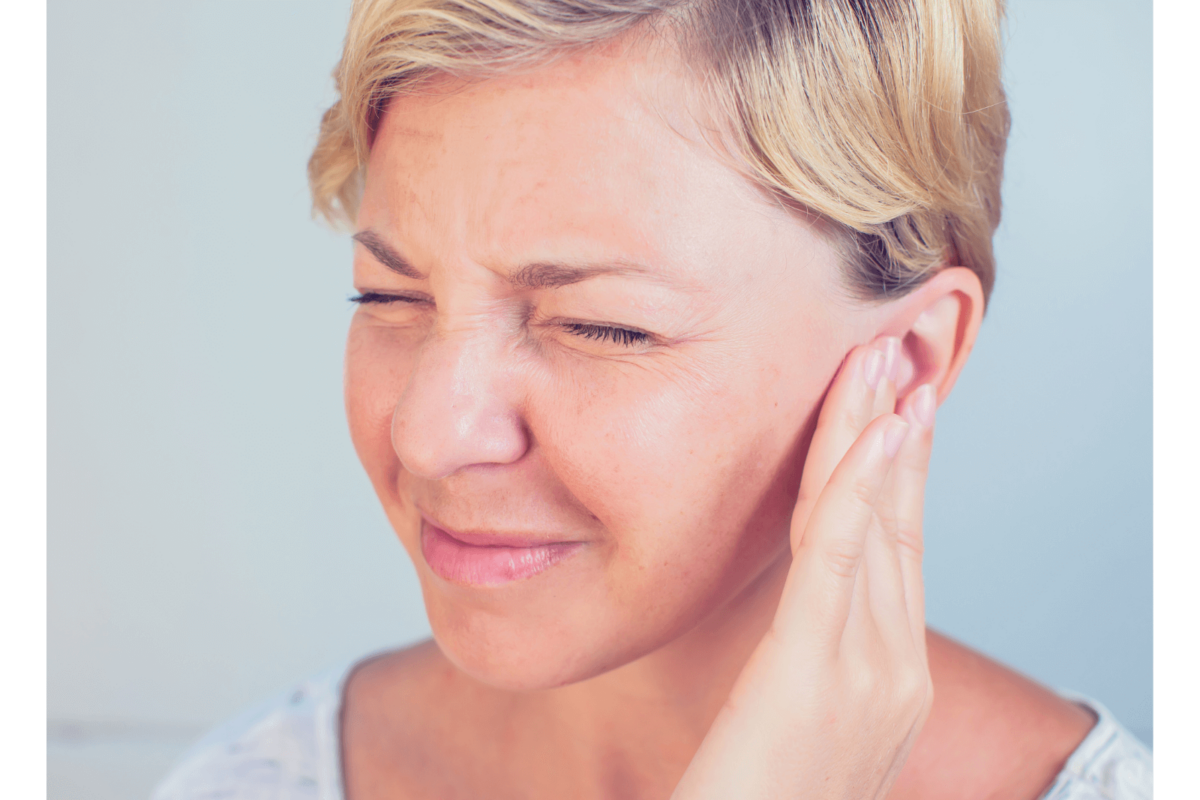If you’ve ever wondered why your ears act up during allergy season or if there’s more to those pesky earaches than you thought, here’s your answer. Let’s dig into how allergies can wreak havoc on your ears and what you can do about it.
The Allergy-Ear Link: What’s Going On?
First things first, let’s get a handle on what allergies are and how they can cause ear issues. Allergies are your body’s way of overreacting to substances like pollen, dust, pet dander, or certain foods. When you encounter these allergens, your immune system gets overwhelmed, releasing a flood of chemicals, including histamines, into your bloodstream.
Now, here’s where the ear connection comes into play. Your ears are part of a complex system that includes your nose and throat. These areas are interconnected, and when allergies strike, they can affect your entire upper respiratory system. Here are some common ways allergies can impact your ears:
- Eustachian Tube Blockage: Your ears are equipped with a tiny, crucial passageway called the Eustachian tube. This tube helps regulate air pressure in your ears and drain fluids. When allergies cause congestion in your nose and throat, it can also block the Eustachian tube, leading to that uncomfortable, plugged feeling in your ears.
- Fluid Buildup: Allergies can trigger your body to produce more mucus. When this mucus accumulates in your Eustachian tubes, it can lead to fluid buildup in the middle ear, a condition known as otitis media with effusion (OME). This fluid can affect your hearing and make you more susceptible to ear infections.
- Sinus Congestion: Allergies often bring on sinus congestion. When your sinuses become congested, it can create pressure changes in your ears, causing discomfort, pain, and even temporary hearing loss.
- Ear Infections: The increased mucus production associated with allergies can create an ideal breeding ground for bacteria. This can lead to ear infections, which can be painful and require medical treatment.
- Itchy Ears: Allergies can make your ears feel itchy and uncomfortable. The temptation to insert objects like cotton swabs can lead to ear canal irritation or even injury.
Types of Ear Problems Related to Allergies
Now that we’ve covered how allergies can impact your ears, let’s dive into the specific ear problems that often crop up:
Otitis Media with Effusion (OME): This condition, also known as “glue ear,” occurs when fluid accumulates in the middle ear due to Eustachian tube blockage. It can lead to temporary hearing loss and may require medical intervention.
Ear Infections: Allergies can create an environment in your ears that’s conducive to bacterial growth, increasing the risk of ear infections. Symptoms include ear pain, discharge, and hearing problems.
Allergic Rhinitis (Hay Fever): Allergic rhinitis is a common allergy-related condition that causes symptoms such as a runny or stuffy nose, sneezing, and itchy or watery eyes. It can also lead to ear issues like Eustachian tube dysfunction.
Tinnitus: Some individuals with allergies may experience tinnitus, which is a ringing, buzzing, or roaring sound in the ears. Allergies can exacerbate tinnitus symptoms.
Ear Itching and Irritation: Allergies can cause itching and discomfort in the ears, leading to the temptation to insert objects like cotton swabs, which can damage the ear canal.
Managing Allergies
So, what can you do if you’re dealing with allergies and ear troubles? Fortunately, there are steps you can take to alleviate symptoms and minimize the impact on your ears:
Start by determining which allergens trigger your symptoms and take steps to minimize exposure. This might include avoiding certain foods or creating an allergen-free environment at home. Over-the-counter or prescription allergy medications like antihistamines, decongestants, and nasal corticosteroids can help control allergy symptoms and reduce ear-related issues.
Ear Care
You can care for your ears by maintaining good ear hygiene. Keep the external ear clean and dry and avoid inserting objects like cotton swabs into your ear canal. These can do more harm than good, pushing earwax deeper and causing injury.
Over-the-counter ear drops can be used to help relieve itching and discomfort in the ears. Consult with a healthcare provider for guidance.
Book a Hearing Test
If you’ve experienced allergies that have led to ear problems, book a consultation! We’ll help you get to the bottom of these concerns and recommend a treatment option to help you keep your ears safe and problem-free.

